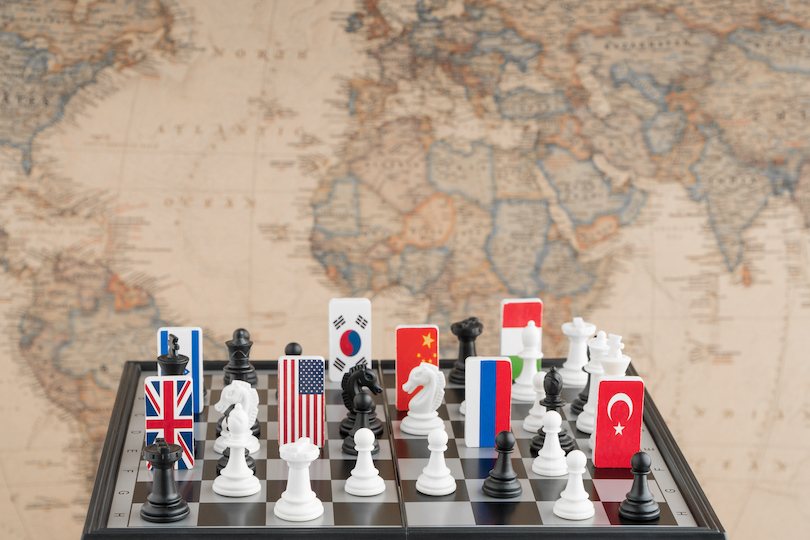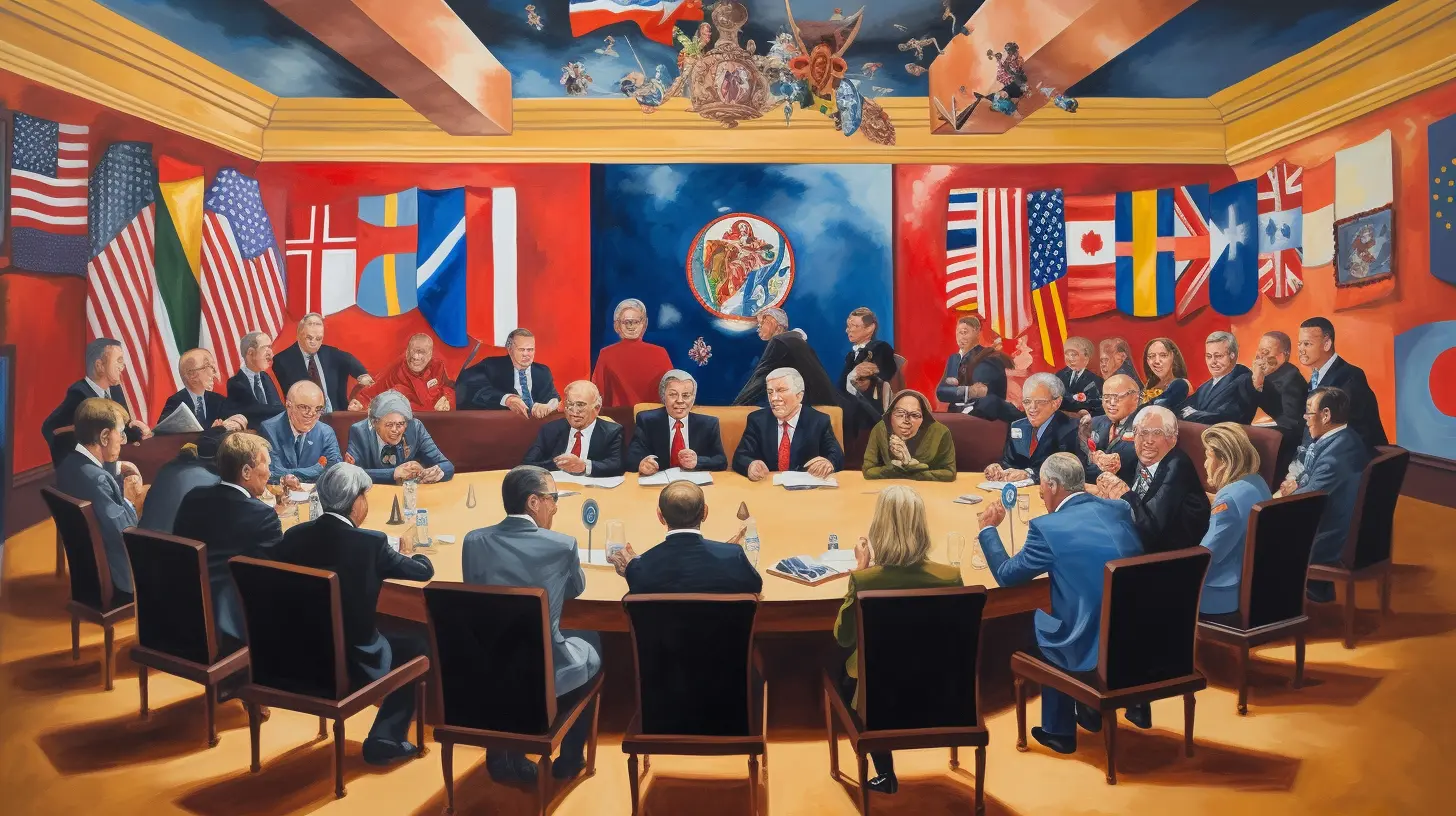Global politics in the 21st century is a complex landscape shaped by a multitude of factors, including economic interests, geopolitical rivalries, cultural differences, and technological advancements. In this article, we will explore some of the major events and international relations that have defined the global political arena in recent years.
- The Rise of China: One of the most significant developments in global politics has been the rise of China as a major economic and military power. With its rapid economic growth and expanding influence, China has become a key player in international affairs. However, its growing assertiveness in territorial disputes in the South China Sea and its increasing military presence in the Indo-Pacific region have raised concerns among its neighbors and other global powers, leading to heightened tensions and strategic competition.
- The Resurgence of Russia: Another important trend in global politics has been the resurgence of Russia under the leadership of Vladimir Putin. Russia’s annexation of Crimea in 2014 and its intervention in Syria have challenged the post-Cold War order and raised questions about its intentions and ambitions on the world stage. The deterioration of relations between Russia and the West, particularly the United States and its European allies, has further complicated efforts to address pressing global issues such as nuclear proliferation, terrorism, and climate change.
- The Threat of Terrorism: The threat of terrorism continues to loom large in global politics, with extremist groups such as ISIS and Al-Qaeda posing a significant challenge to international security and stability. The rise of homegrown terrorism and the spread of radical ideologies through social media have made it increasingly difficult for governments to prevent and combat terrorist attacks. In response, countries around the world have adopted various counterterrorism measures, including increased surveillance, intelligence sharing, and military interventions in conflict zones.

- The Refugee Crisis: The refugee crisis has emerged as one of the most pressing humanitarian challenges of our time, with millions of people fleeing conflict, persecution, and poverty in search of safety and opportunity. The influx of refugees into Europe and other regions has strained resources and sparked political debates over immigration, border security, and national identity. While some countries have opened their doors to refugees and provided assistance, others have adopted more restrictive policies, leading to tensions within and between nations.
- The Rise of Populism: The rise of populism has reshaped the political landscape in many countries, challenging established norms and institutions and fueling divisive rhetoric and policies. Populist leaders and movements have capitalized on public discontent with globalization, immigration, and economic inequality to gain power and influence, often at the expense of democratic principles and human rights. The growing polarization and erosion of trust in democratic institutions have raised concerns about the future of liberal democracy and the rule of law.
Conclusion: In conclusion, global politics in the 21st century is characterized by a dynamic and uncertain environment shaped by competing interests, complex challenges, and shifting power dynamics. Major events such as the rise of China, the resurgence of Russia, the threat of terrorism, the refugee crisis, and the rise of populism have profound implications for international relations and the future of the world order. As we navigate these challenges and opportunities, it is essential for countries to work together through diplomacy, cooperation, and dialogue to address shared concerns and build a more peaceful, prosperous, and sustainable world for all.

